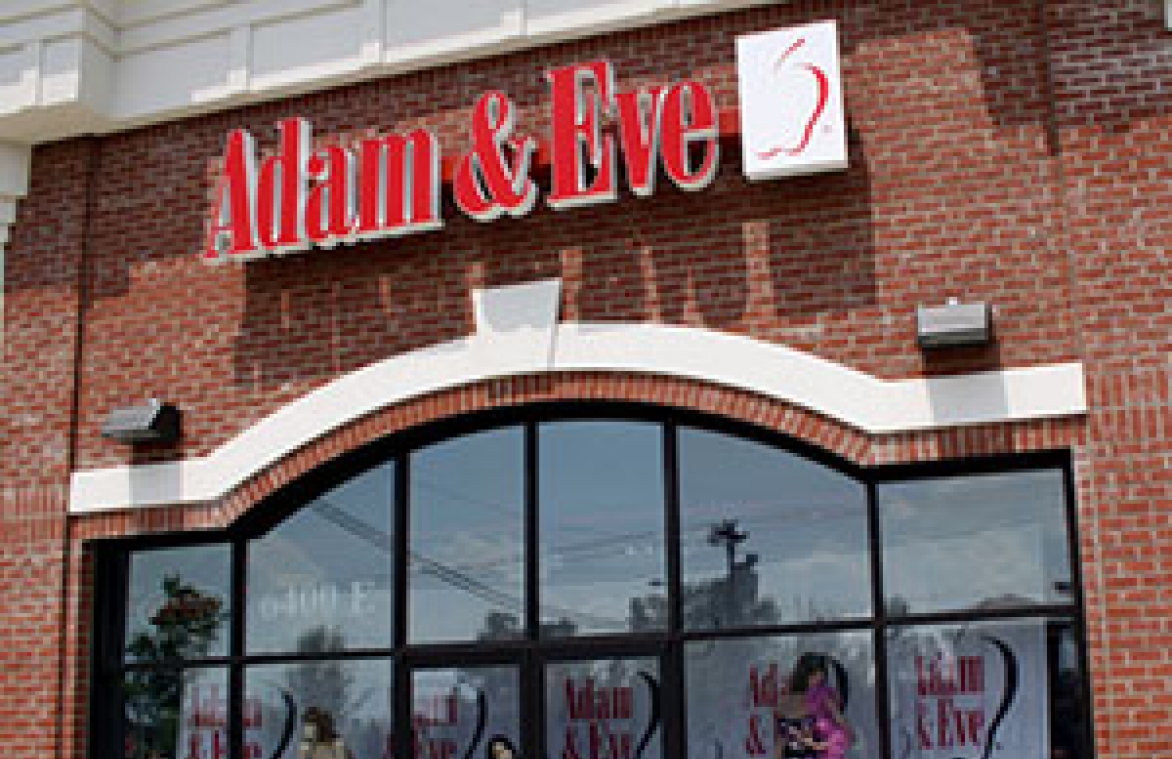Officials in Jonesboro, Arkansas, did not violate the First Amendment by preventing adult novelty store Adam and Eve from opening a location too close to churches, daycares, and residences, a federal appeals court has ruled.
The appeals court determined that the Adam and Eve store did not engage in speech within the meaning of the First Amendment.
Adam and Eve Jonesboro LLC sought to open a location in the city. However, the city’s zoning ordinance prohibiting adult-oriented businesses from locating within 1,000 feet of any “child care facility, park, place of worship, playground, public library, recreational area or facility, residence, school, or walking trail.”
Jonesboro prohibited adult-oriented business in some places based on their secondary effects
City officials passed the zoning ordinance to address the secondary effects associated with adult businesses, such as property crime, illegal drug use, prostitution, and sexual assault.
The proposed Adam and Eve franchise in Jonesboro planned to sell lingerie, adult toys, costumes, novelties, games, massages, oils, and personal lubricants.
Adam and Eve sued, alleging a violation of its First Amendment rights. The lawsuit alleged that the city officials “restrain[ed] the [Adam and Eve’s] retail sale of merchandise, based on the content of the merchandise.”
A federal district court ruled in favor of Jonesboro officials, reasoning that the city properly relied on the secondary effects doctrine to justify its zoning ordinance and the decision to deny a building permit in this case.
On appeal, a three-judge panel of the 8th U.S. Circuit Court of Appeals unanimously affirmed in Adam & Eve Jonesboro, LLC v. Perrin. The 8th Circuit panel determined that Adam and Eve’s First Amendment claim failed because the business could not establish that it engaged in speech or expressive conduct within the meaning of the First Amendment.
8th Circuit: Selling sexually-oriented devices is not speech
The panel wrote that “Adam and Eve has cited no authority that selling sexually-oriented devices is speech.” The panel noted that Adam and Eve disclaimed any intention to sell adult-oriented products that might qualify as expression for purposes of the First Amendment, such as “pornographic DVDs, books, and magazines.”
“After disavowing any expressive conduct, we hold that Adam and Eve cannot state a claim under the First Amendment,” the panel wrote. “Because there is no speech to protect, Adam and Eve’s claim that the district court applied the wrong standard of review to its free speech claim misses the mark.”
Adam and Eve also argued that the zoning ordinance was too vague because it did not adequately explain when a business is considered an adult business. The ordinance says a business is an adult business if its “principal business” is selling adult-oriented products or products “designed for use in connection with a specific sexual activity.”
The appeals court also rejected this argument, writing that “[i]t is undisputed that a substantial portion of Adam and Eve’s business involves selling items the statute reaches.”
David L. Hudson Jr. is a First Amendment Fellow at the Freedom Forum Institute, and a law professor at Belmont University who publishes widely on First Amendment topics. He is the author of a 12-lecture audio course on the First Amendment titled “Freedom of Speech: Understanding the First Amendment” (Now You Know Media, 2018). He also is the author of many First Amendment books, including “The First Amendment: Freedom of Speech” (Thomson Reuters, 2012) and “Freedom of Speech: Documents Decoded” (ABC-CLIO, 2017).

